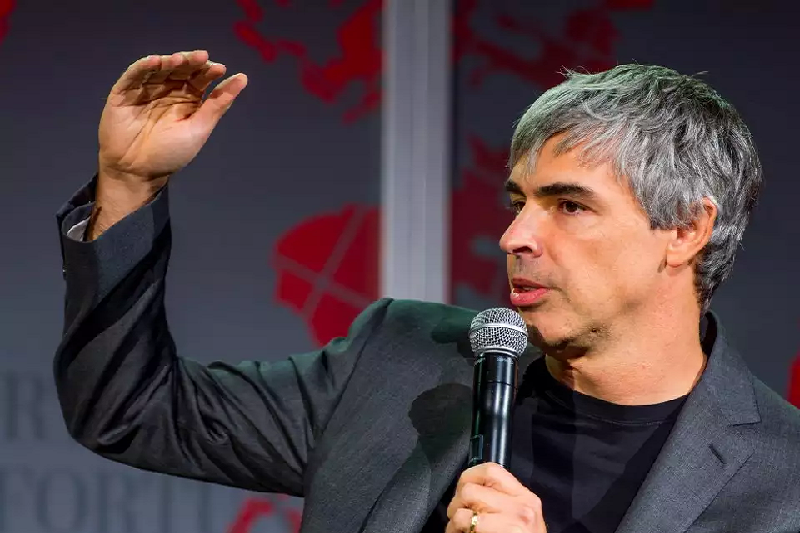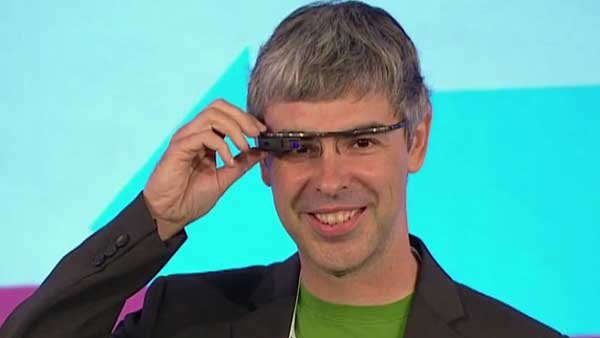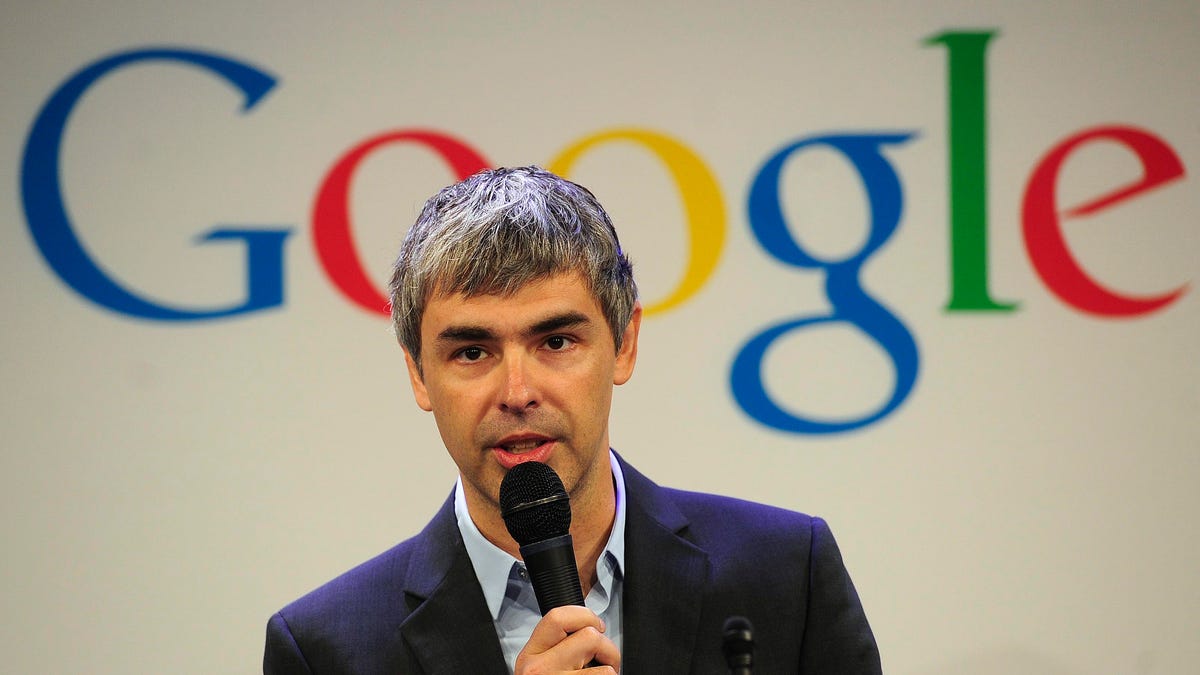7 Secrets Of Success From The Words Of The Creator Of Google (Larry Page)
Today, Few People Have Not Used Google Products And Services. The Performance Of This Company Is Such That Even Its Competitors Pay A Lot Of Attention To It And Are Constantly Monitoring It.
Google, which initially only provided the possibility of searching for its users, has now provided more than 100 different types of services to its audience.
So, the creator of such a successful company has secrets for his success, which are worth knowing.

Who does not know the founder of Google? The computer scientist founded page rank, which is the basis of Google’s search algorithm. Spending $1 billion on patents shows what matters most to Page: Innovation.
Paige’s leadership style is different—one that stems from her background as a computer engineer and growing up in a home where both parents were computer science professors. Larry Page, the founder of the world’s most used internet search engine, is a source of great inspiration in business techniques.

1- Hire great people and cut red tape
For a long time, Page insisted on meddling in hiring decisions. Mr. Page is not interested in traditional management. He is interested in hiring extraordinary people who naturally do good and right things for the company.
This method is only possible for the initial years (this company currently has more than 50 thousand employees). According to Mr. Page, “We don’t have enough managers, but we prefer too few managers to too many managers.”
According to a 2011 Fortune.com article, shortly after Page became CEO, he selected three employees he had hired in 1998 to manage key areas of Google’s products.
2- Be sharp, concise, and valuable.
Page’s approach in the past was to develop a method for smarter and wiser management at Google. Page encouraged people to be frank and make quick decisions. He asked employees to give him 60-word updates on their ongoing projects. Which finally ended in two compact and impressive paragraphs.
3- Pay attention to your bold ideas and cultivate the best of them
The idea of the Google search engine came to Page’s mind when he dreamed of downloading the entire website and saving the links. Page encourages his team to believe in their bold ideas. By pursuing big ideas that “can change the world,” you attract brilliant people and achieve valuable results, even if your results aren’t what you originally intended.
4- Small and continuous improvements
At first, this statement seems to contradict the previous report, but they are complementary. You want to focus on creative and super-big innovations regarding new products and services.
However, when a new product or service is successfully launched, Page wants to make sure people stay connected to that product or service so that it can add more unique features, make improvements to them, and increase their usability. take away
It is a great way to keep customers engaged and interested in your company.
5- Establishing a balance between technology and business strategy
Google has come up with innovative and exciting, transformative, game-changing technologies. These technological innovations in themselves have a significant impact on the global Internet space. But it is due to the combination of these creative innovations in technology and business acumen that Google has reached its current position.
6- Focus on creative and significant innovations
Page thinks that gradual changes are unique to birds. He wants to come up with bold ideas that change things for the better. Sometimes these ideas work, and sometimes, they don’t. Sometimes, an idea that was not successful in some way can become an incredible success.
For example, the Google team failed to succeed with the idea of artificial intelligence. The AI idea was unsuccessful, but the Google team developed a targeting system accounting for half of the company’s revenue.
7- Be persistent and insist
Mr. Page had the original idea of digitizing Google’s book service in the mid-1990s. The realization of this idea took six years after the founding of Google and before the first book was scanned as part of the project in 2004. The same thing happened to the “street view” idea in Google Maps.
If you pay attention to the lives of very successful entrepreneurs, you will find that most of them have experienced such an event. Maybe we have repeated this topic many times for the readers, but it is still worth saying.

